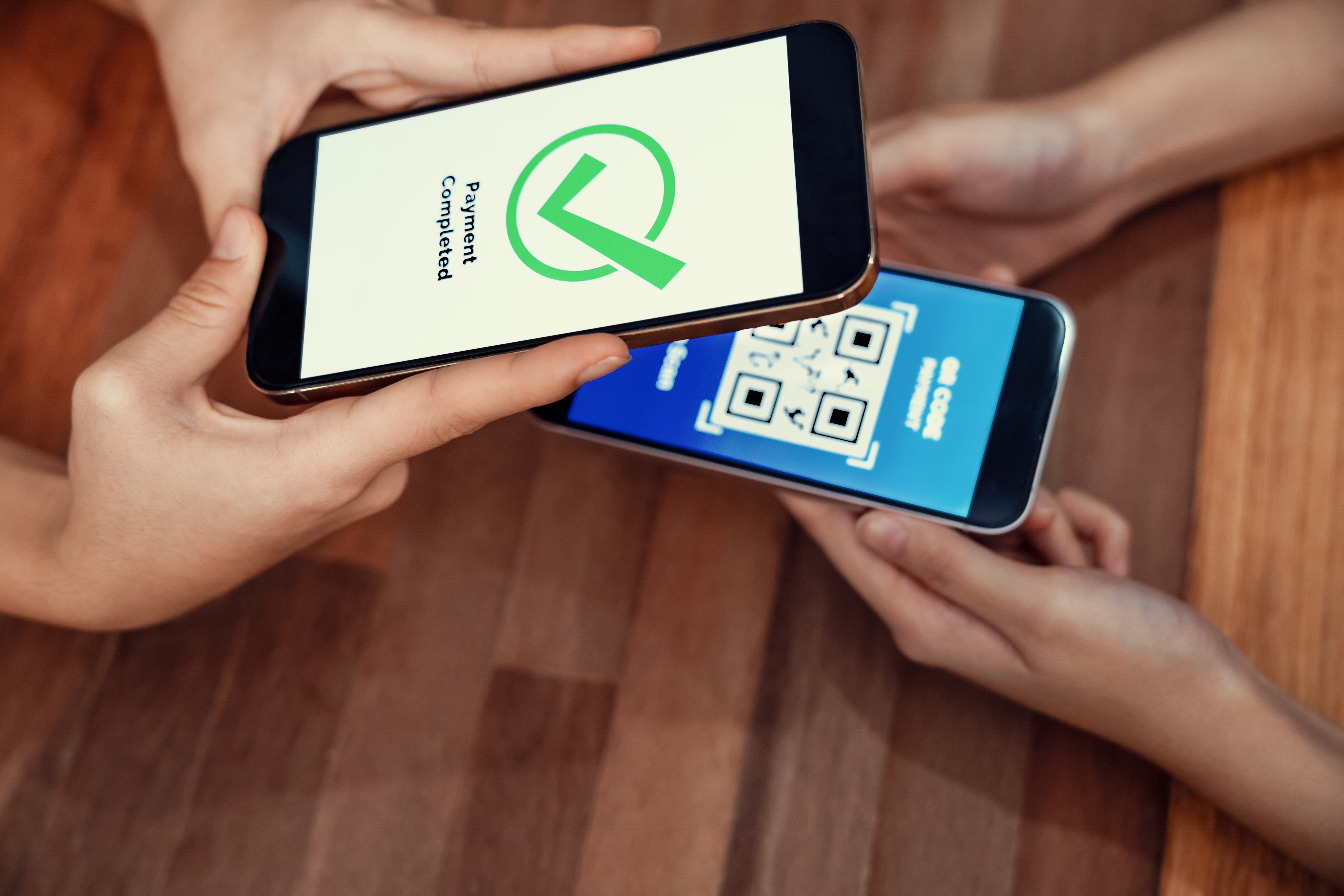Introduction
Keeping up with WhatsApp API updates is essential if you want to stay ahead in business communication. With WhatsApp constantly evolving, the API is regularly enhanced with new features that improve automation, security, and customer experience. Whether you’re looking to streamline support, increase engagement, or automate tasks, these latest features will help you get the most out of WhatsApp API.
Interactive Message Templates
Gone are the days of plain text messages. The latest WhatsApp API update introduces interactive message templates, allowing you to send:
- Quick reply buttons: Let customers respond with pre-defined options.
- Call-to-action (CTA) buttons: Add direct links to your website, phone calls, or payment portals.
- List messages: Share multiple options in a scrollable list for easier selection.
Example:
Instead of typing, “Reply with 1 for Support or 2 for Sales,” users can simply tap the relevant button, making interactions faster and smoother.
Multi-Device Support
One of the most requested updates is multi-device compatibility. With this feature, you can use WhatsApp API across multiple devices without keeping the main device online.
- Improved accessibility: Customer support teams can handle WhatsApp messages from different devices simultaneously.
- Seamless performance: Faster message syncing and fewer connectivity issues.
Enhanced Automation with Message Tags
WhatsApp API now offers more detailed message tags for better automation and tracking. The new tags include:
- Transactional messages: Send shipping updates, appointment reminders, and confirmations.
- Issue resolution: Notify customers about service updates or problem resolution.
- Promotional tags: Share offers and deals (while complying with WhatsApp’s policies).
Example:
A food delivery service can send real-time order status updates with automated message tags.
Rich Media Messaging
WhatsApp API now supports high-resolution images, documents, audio files, and videos. This feature allows businesses to:
- Share product catalogs with images and descriptions.
- Send PDFs for invoices or contracts.
- Use voice messages for personalized communication.
Example:
An e-commerce store can send order confirmations with product images directly via WhatsApp.
Enhanced Security with Two-Step Verification
To prevent unauthorized API access, WhatsApp introduced two-step verification for added security. This feature requires:
- Authentication token: When connecting the API, you’ll need to enter a PIN sent to your registered number.
- Account protection: Prevents third parties from unauthorized access to your WhatsApp Business account.
Real-Time Analytics and Reports
WhatsApp API now offers real-time reporting dashboards to help you track:
- Message delivery rates
- Customer response times
- Engagement metrics
Example:
You can monitor how many users clicked on your CTA buttons and fine-tune your messaging strategy accordingly.
WhatsApp Cloud API
Meta recently launched WhatsApp Cloud API, which offers:
- Faster setup: No need for third-party providers.
- Scalability: Ideal for businesses handling large message volumes.
- No hosting required: Meta handles the infrastructure, reducing setup complexity.
Example:
A growing business can quickly scale its WhatsApp marketing campaigns without worrying about server maintenance.
Conclusion:
The latest WhatsApp API features are designed to help businesses improve customer interactions, automate processes, and boost efficiency. From interactive messages and rich media to enhanced security and multi-device support, these updates empower you to create smarter and more engaging communication flows.
If you’re not yet leveraging these features, now is the time to integrate them into your WhatsApp API strategy and enhance your business communication.
FAQs :
1. What is the latest update for WhatsApp API?
The latest update includes interactive message templates, multi-device support, and rich media messaging.
2. Can I use WhatsApp API on multiple devices?
Yes, the multi-device support feature allows you to use WhatsApp API across several devices.
3. What are WhatsApp message tags used for?
Tags help you categorize messages as transactional, issue resolution, or promotional.
4. How does rich media messaging help businesses?
It allows you to send images, videos, and documents for more engaging communication.
5. Is two-step verification mandatory for WhatsApp API?
No, but it is highly recommended for added security.
6. How can I track WhatsApp API message performance?
Use the real-time analytics dashboard provided by WhatsApp.
7. What is WhatsApp Cloud API?
It’s a cloud-hosted version of WhatsApp API by Meta, offering faster setup and better scalability.
8. Can I send bulk messages with WhatsApp API?
Yes, you can send bulk messages to opt-in contacts.
9. How do I use CTA buttons in WhatsApp messages?
You can add website links, phone numbers, or payment links to CTA buttons.
10. Is WhatsApp API suitable for small businesses?
Absolutely! Small businesses can use BSPs to simplify the integration process.

